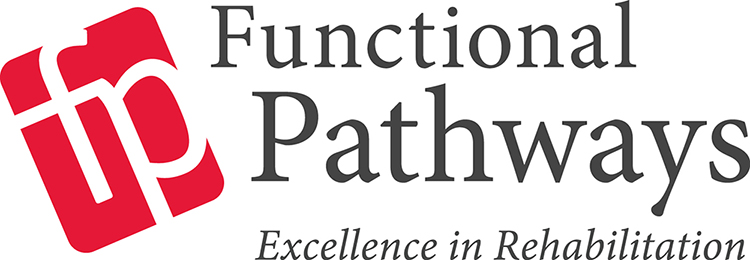For the last two months the theme has been communication. I have attempted to break down this all important topic into different phases. The first was the Initial Phase where communication early and often was stressed. The second phase discussed Functional Pathway’s innovative new way to communicate with families and referral sources called Right Track. Today I would like to present some positive ways to continue to communicate after a resident has been discharged.
So often after discharge has taken place a large disconnect occurs between the community and the former resident. There may be the usual post card in an attempt to stay in touch but typically no interaction takes place.
As we all are aware the first thirty days is critical in today’s healthcare environment. Staying on track with the discharge plan will pay big dividends for all involved. Functional Pathways Transitional Care Coordinator Program is a fantastic way to keep the lines of communication open and make sure the opportunity for a problem to occur is minimized.
Within forty-eight hours of discharge the transitional care coordinator will contact the resident by phone and then weekly to review medication administration, recognize any signs and symptoms that would indicate anyone that is at a possible risk for an ER visit and hospital readmission. They will also remind the patient of any physician, home health or out-patient follow up visits.
Leading up to the actual discharge a facility designee along with the transitional care coordinator will explain to the resident/care giver how the program works, make sure all follow up appointments are made and understood and review any medications. The” teach back” method will be used with the patient and family/care giver to make sure everyone has a clear understanding of what is expected.
Another possible avenue to stay in touch with discharged residents is through a wellness program on your campus. Wellness not only maintains contact with someone it also helps keep them active and healthy. In addition to the former resident it presents an opportunity for others to see your campus in a relaxed and positive light. Former residents could invite family members and or friends to attend the wellness classes with them. You could market your facility as the “preferred choice” for physicians to send their patients that need fitness/educational class offerings provided by healthcare professionals that understand the unique challenges seniors face.
Through wellness you are not only keeping the lines of communication open with former residents but offering to help those seniors that may not need your services presently but when they do, they are familiar and comfortable with you and your campus.

Comments (0)